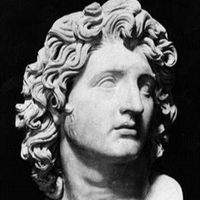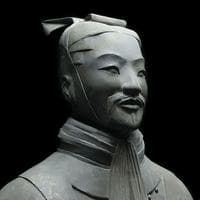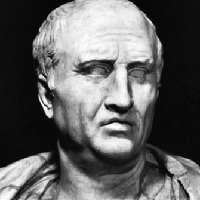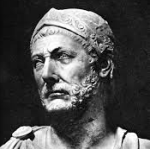{{ชื่อ}} ประเภทบุคลิกภาพ MBTI
บุคลิกภาพ
"Mozi (Mo Tzu) ประเภทบุคลิกภาพประเภทใด Mozi (Mo Tzu) เป็นประเภทบุคลิกภาพ INTJ ใน mbti, 1w2 - so/sp - ใน Enneagram, SCOAI ใน Big 5, ใน Socionics"
As "Feely" as it may sound, at core, the philosophy of impartial care is actually really healthy Te-Fi. He wanted a system that fairly and effectively distributed resources to the populace, instead of a system that due to arbitrary social custom (Fe-Ti), allocated resources to the higher classes. Furthermore, he is perhaps the first known philosopher of the consequentialist camp. Consequentialism is a Te-centered philosophy. Things are good according to their effects on the populace given by some standardized, clearly definable measure (not due to some fundamental moral principle).He also highly encouraged meritocracy (hierarchy), and decision making based on clear objective measurements Furthermore he and his disciples were already grasping the laws of physics years before Christ. Sadly, their school of thinking was ahead of its time, and thus also got lost in it. The reason why they were active before the Warring States period ended was because of the skill Mohists had in Siege engineering (another nod to their understanding of nature). They were not Empiricists, which already solves the issue of whether Mo Zi was INTJ or ENTJ. INTJs can also potentially be rationalists, due to putting Ni over Te. They elevate the pattern above the evidence/phenomena, so like INTPs, they have an easier time believing in things such as "Laws of Nature." Had China followed Mozi, it would have gone through the Enlightenment before even the middle ages I dare say.
ชีวประวัติ
Mo Di (Mo Ti), better known as Mozi (Mo-tzu) or “Master Mo,” was a Chinese thinker active from the late 5th to the early 4th centuries B.C.E. He is best remembered for being the first major intellectual rival to Confucius and his followers. Mozi’s teaching is summed up in ten theses extensively argued for in the text that bears his name, although he himself is unlikely to have been its author. The most famous of these theses is the injunction that one ought to be concerned for the welfare of people in a spirit of “impartial concern” (jian’ai) that does not make distinctions between self and other, associates and strangers, a doctrine often described more simplistically as “universal love.” Mozi founded a quasi-religious and paramilitary community that, apart from propagating the ten theses, lent aid to small states under threat from military aggressors with their expertise in counter-siege technology. (Description from Internet Encyclopedia of Philosophy)
บุคลิกภาพ correlate

Alexander the Great

Cleopatra

Julius Caesar

Sun Tzu

Cyrus the Great

Cicero

Hannibal Barca

Ying Zheng (Qin Shi Huang)







